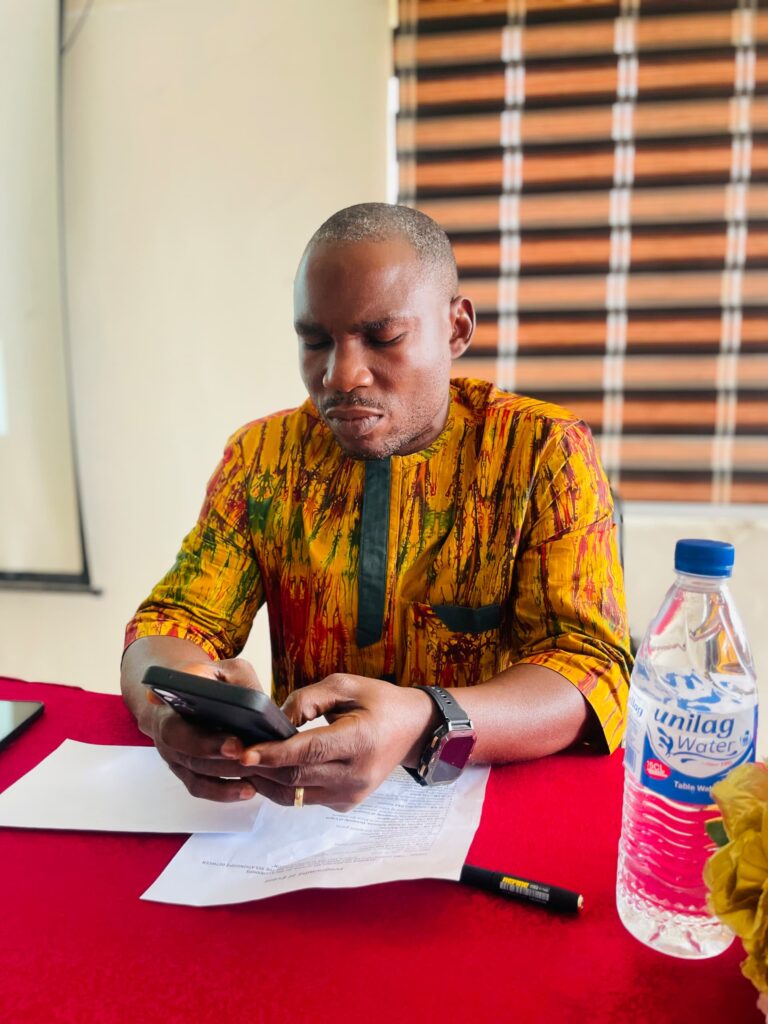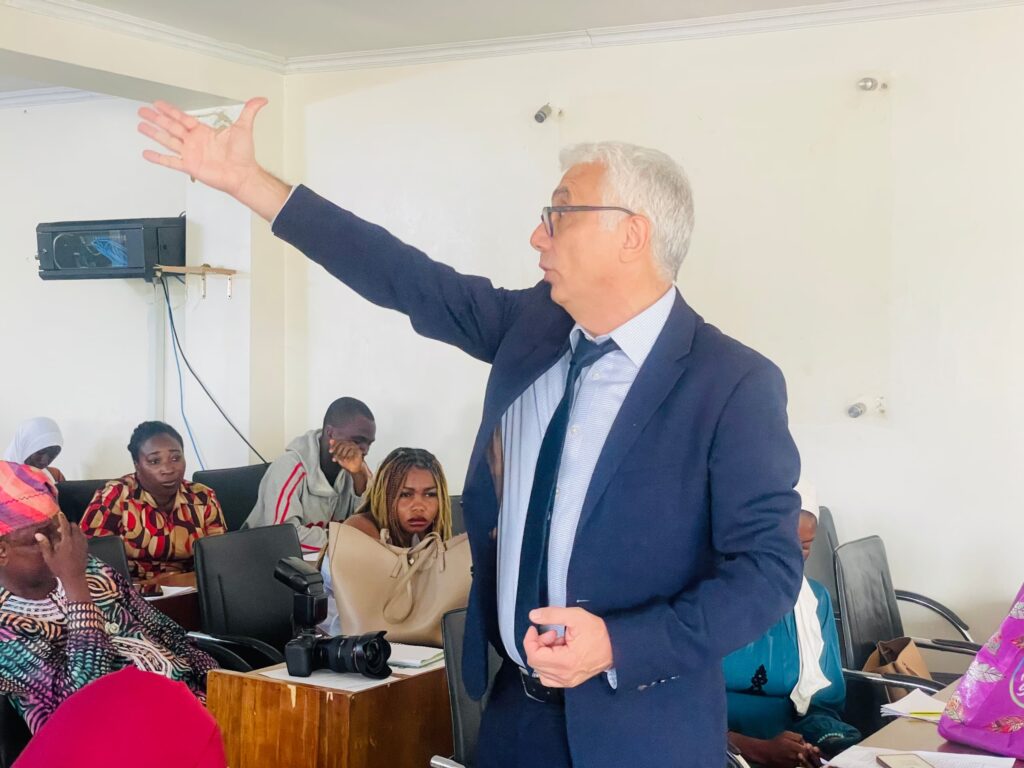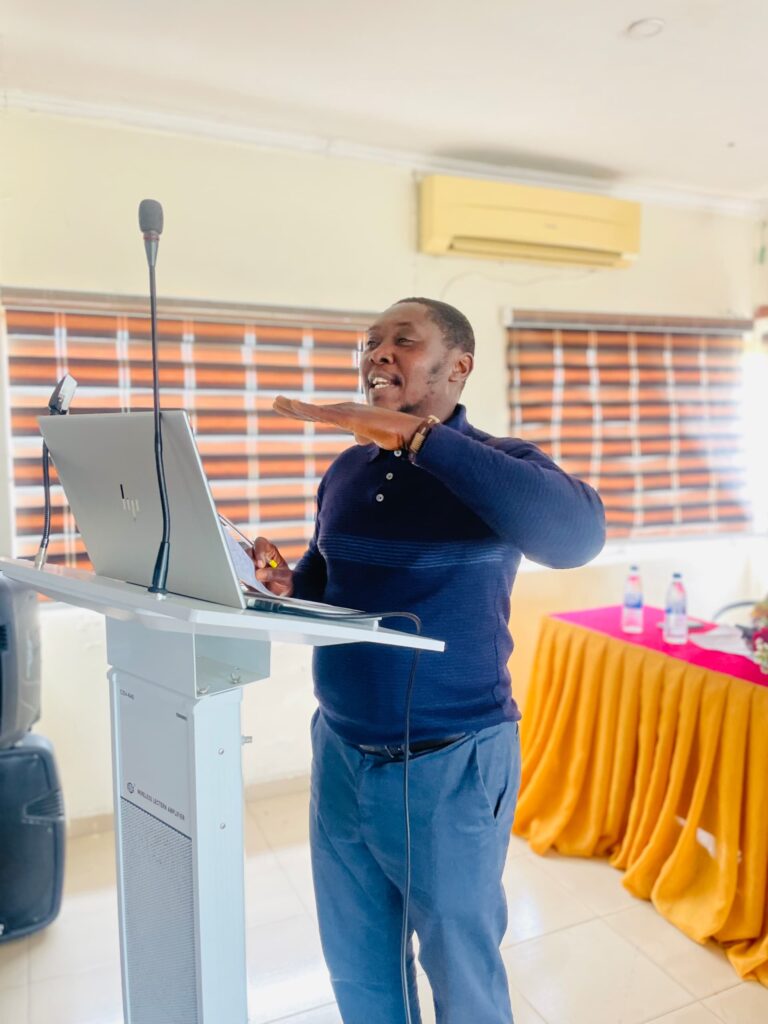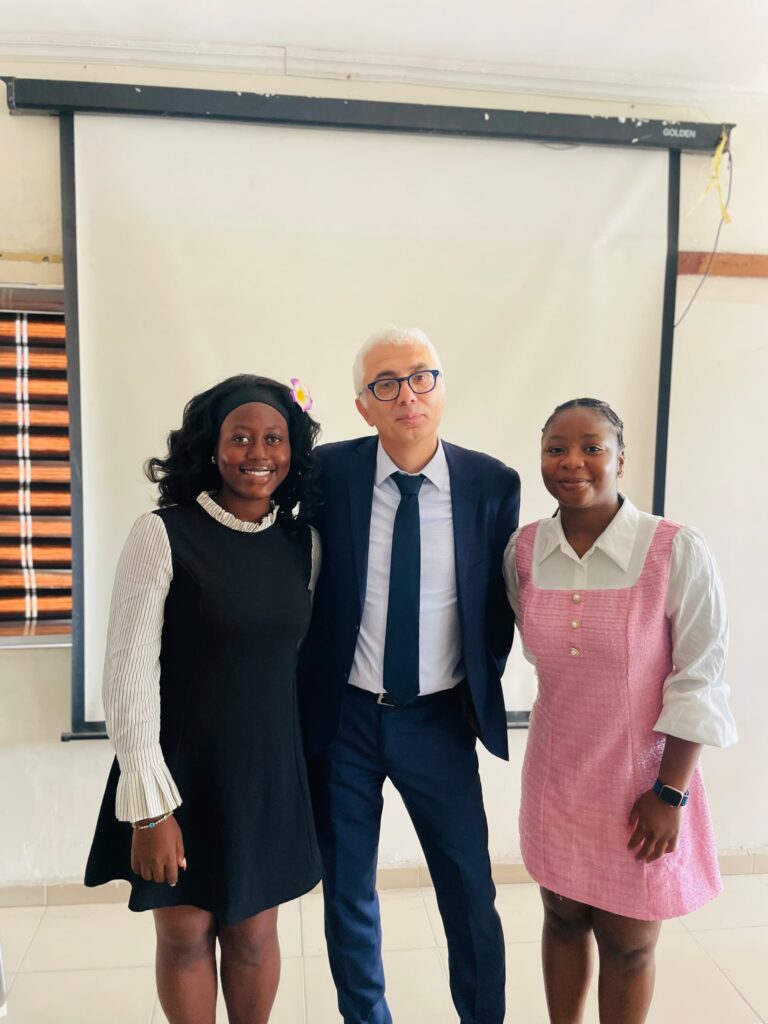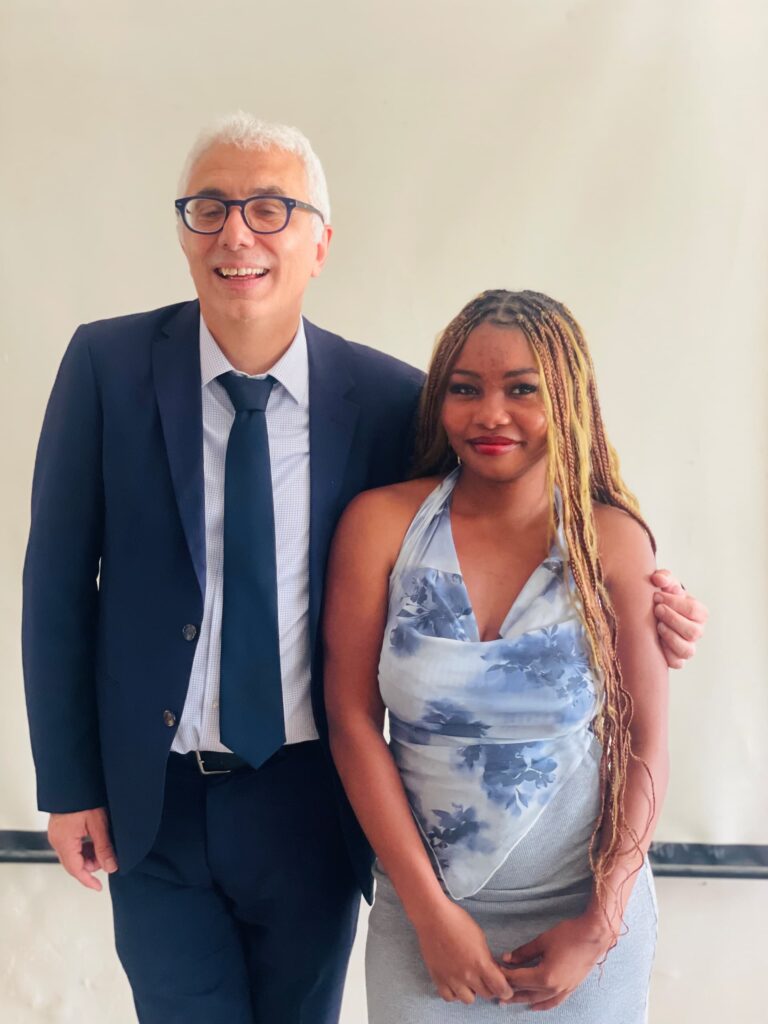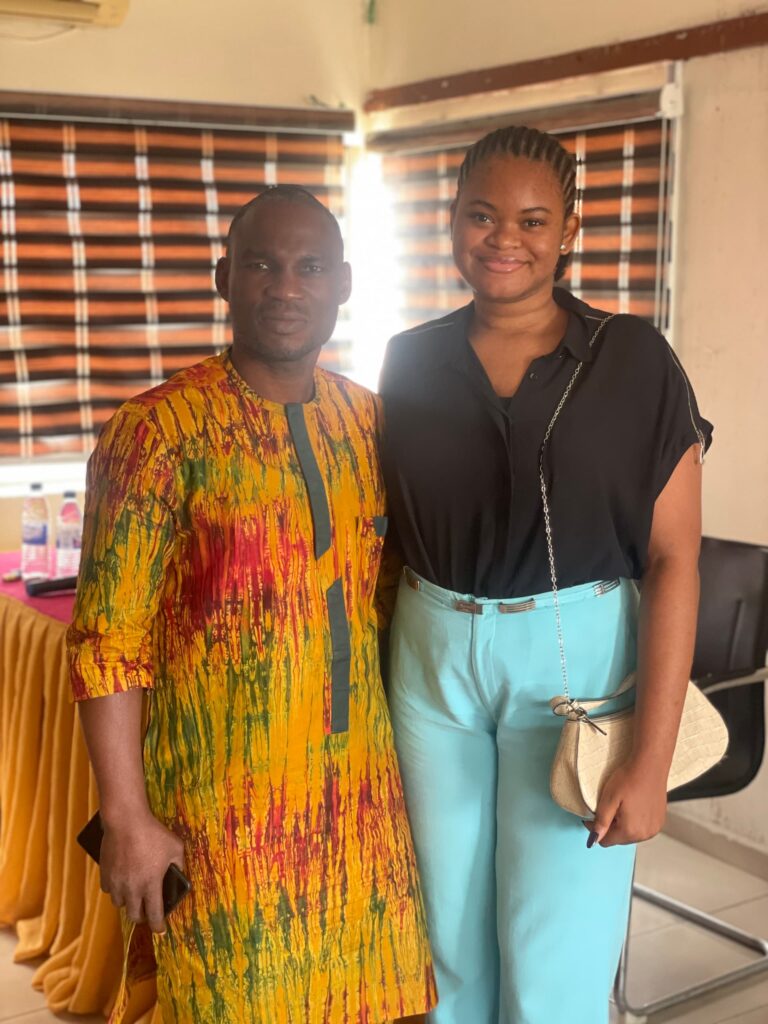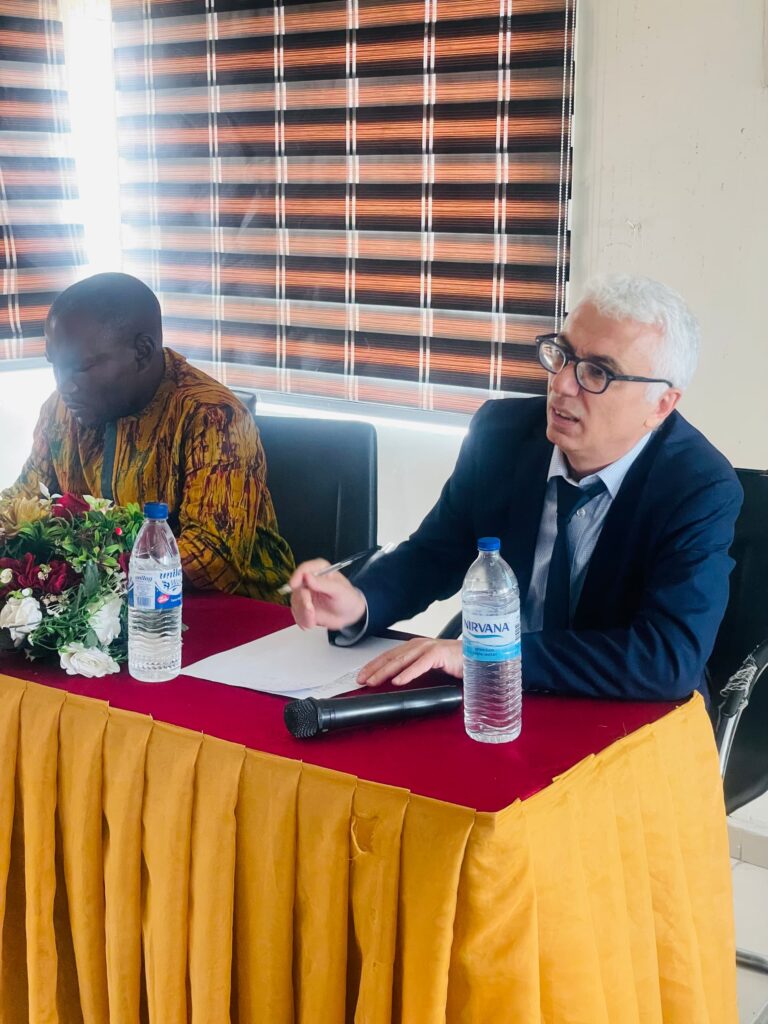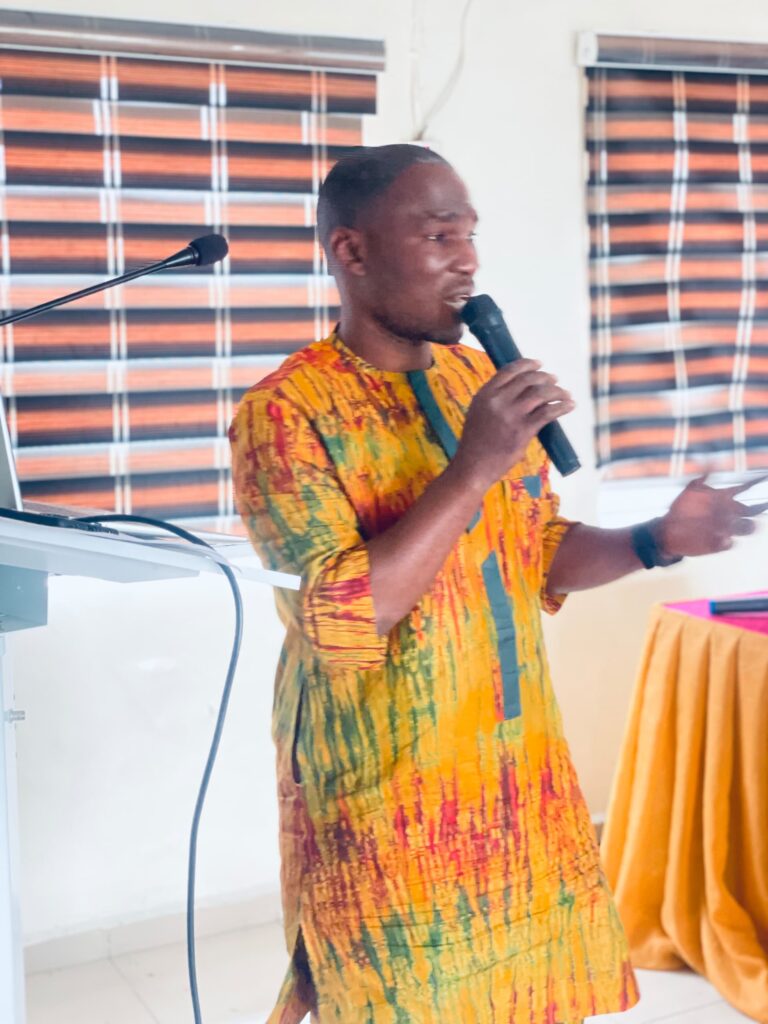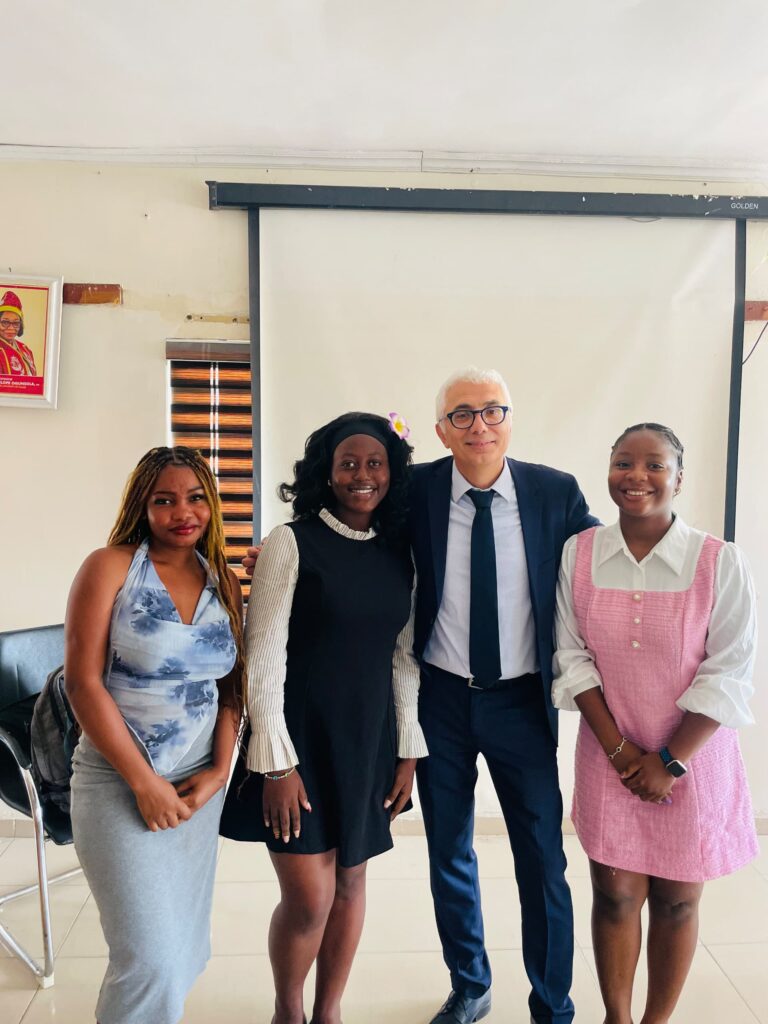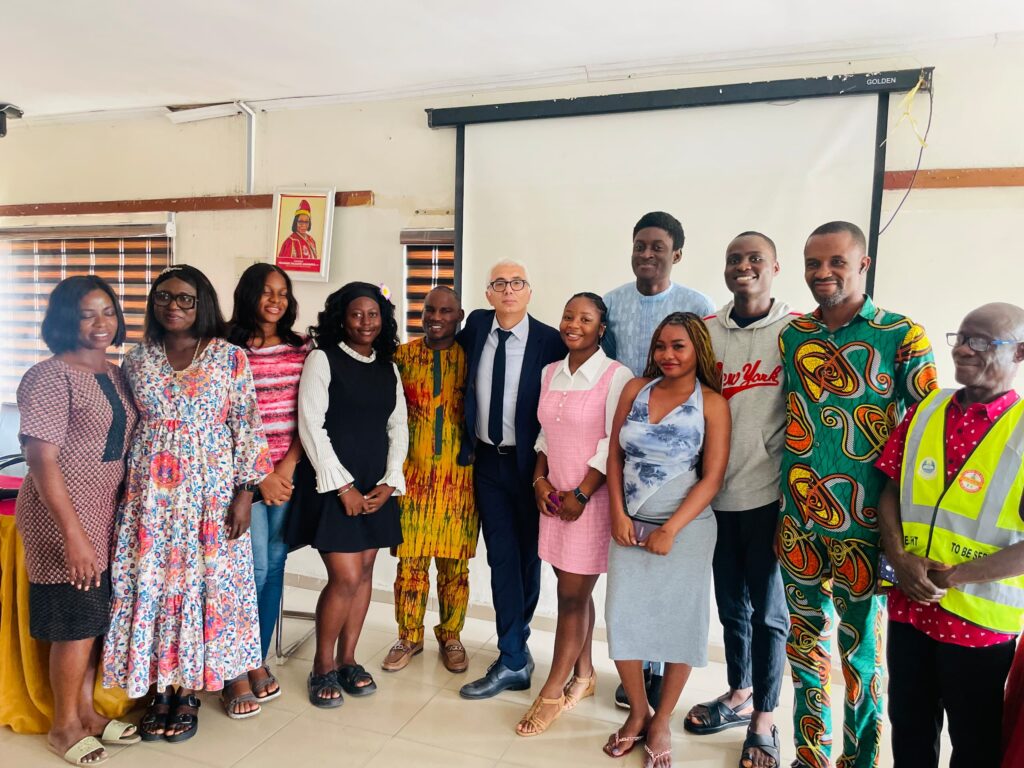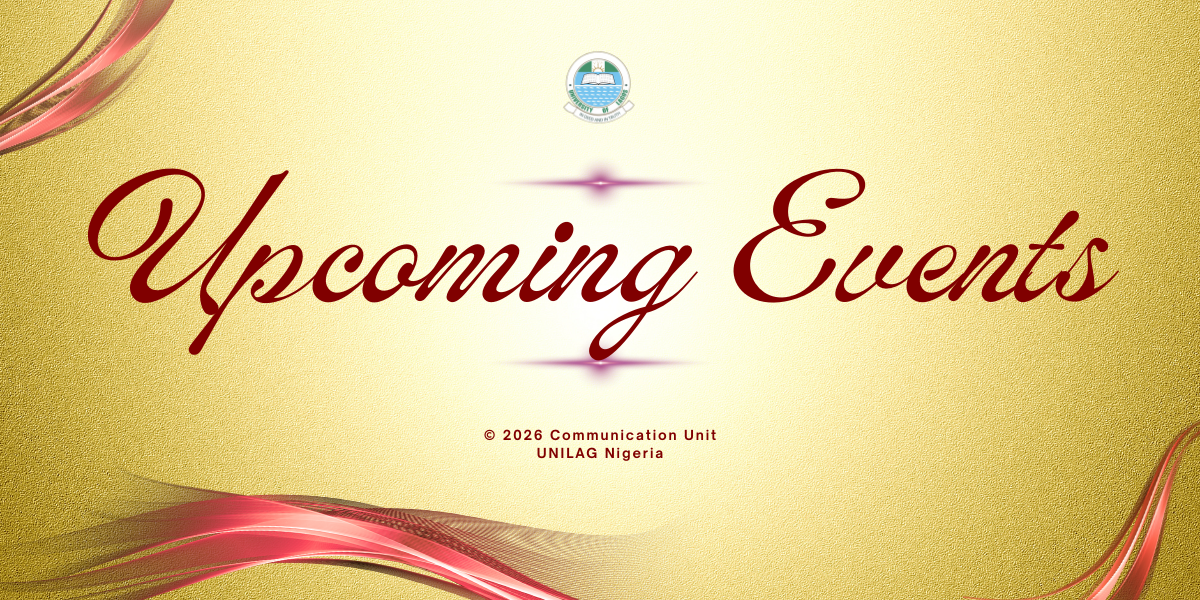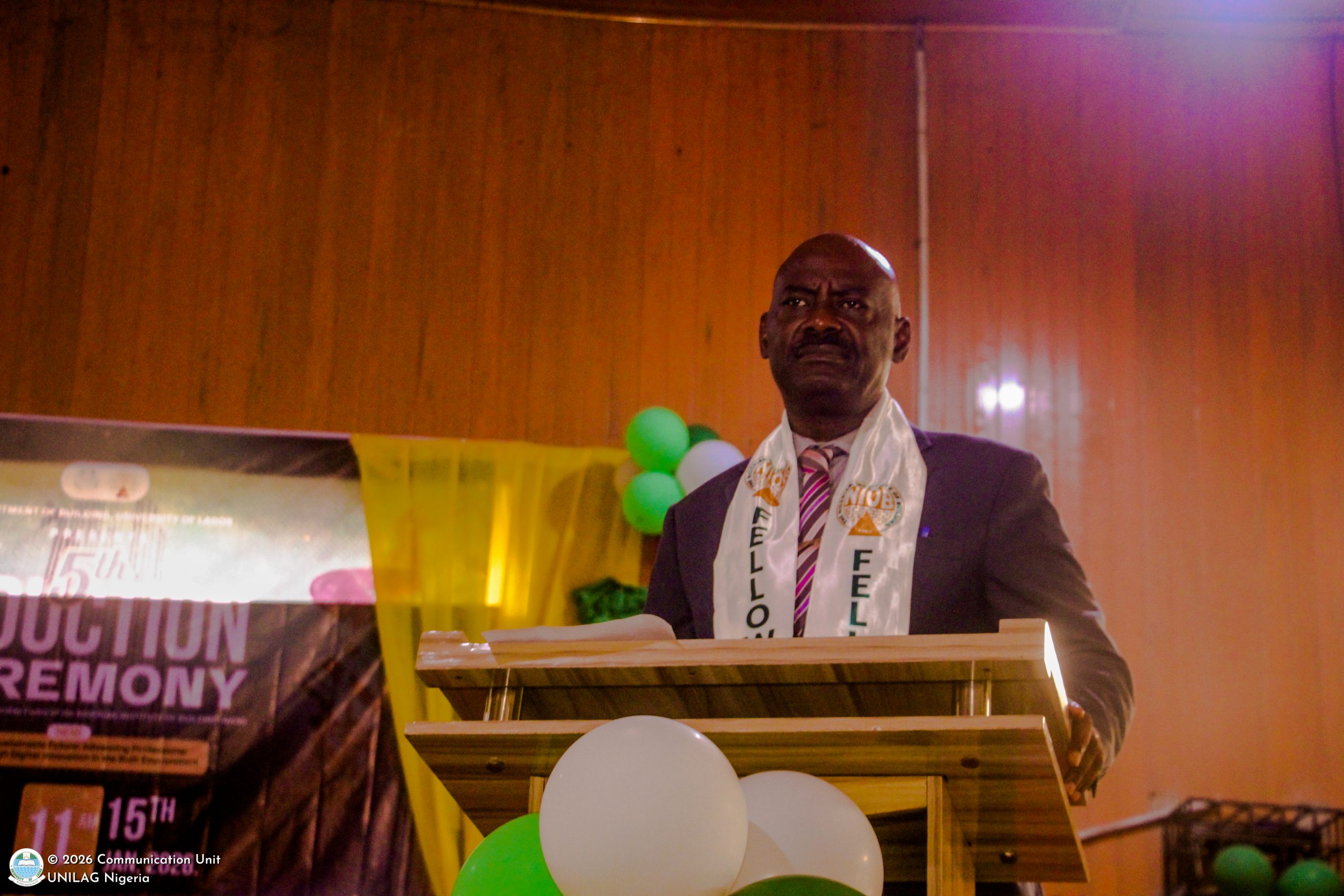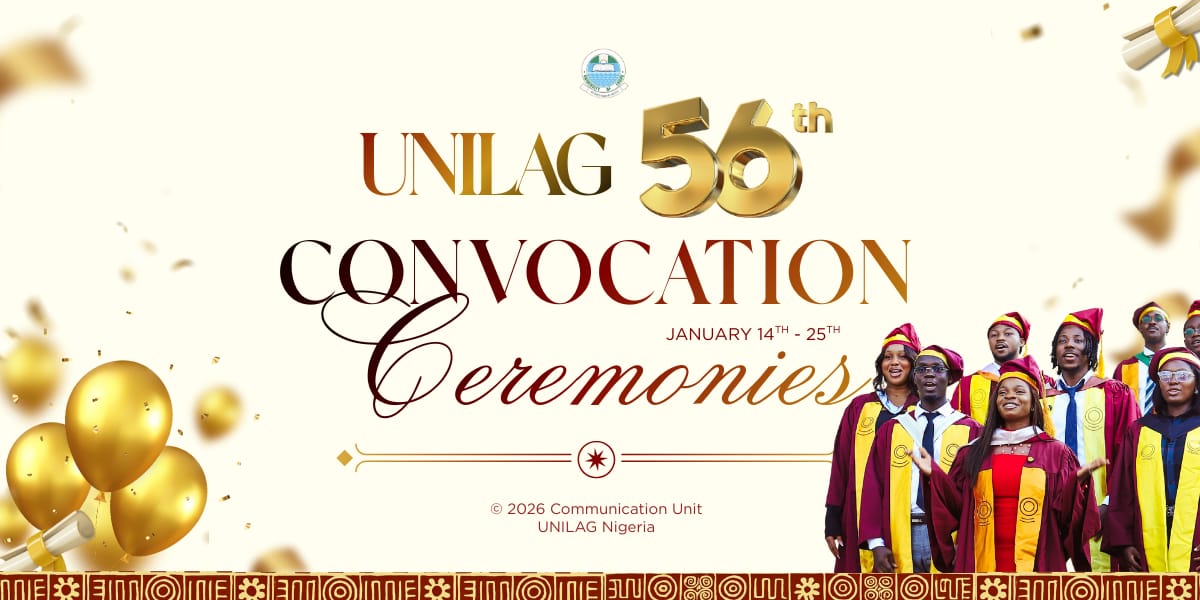The University of Lagos, through its EU-Africa Connect Programme, on Friday, July 18, 2025, hosted a thought-provoking seminar as part of an ongoing initiative to foster academic and diplomatic exchange between Africa and the European Union.
The seminar which was held at the Faculty of Social Sciences Boardroom, had the theme: Two Footsteps Do Not Make a Both: Rethinking Relations between Africa and the European Union. It brought together scholars, policymakers, and students to reflect on the complex history and future of Africa-EU relations.
In his opening remarks, the Dean of the Faculty of Social Sciences, Professor Adelaja Odukoya, emphasized the critical importance of such engagements in re-shaping global partnerships and narratives about Africa’s place in international relations.“There are so many ways the Westerners have forged the structure of colonialism on us as a people, and it has left us to live in certain denials,” he stated. “To unlock, as the theme suggests, means that we must change the narrative.”

Describing the Africa-EU relationship as “patternistic, not parallel,” Professor Odukoya pointed out that “while historical ties between the two regions have been long-standing, these ties have not always been equitable. He identified persistent economic dependency, structural imbalance in aid and trade, migration asymmetries, and governance paternalism as key factors undermining the notion of a truly reciprocal partnership.
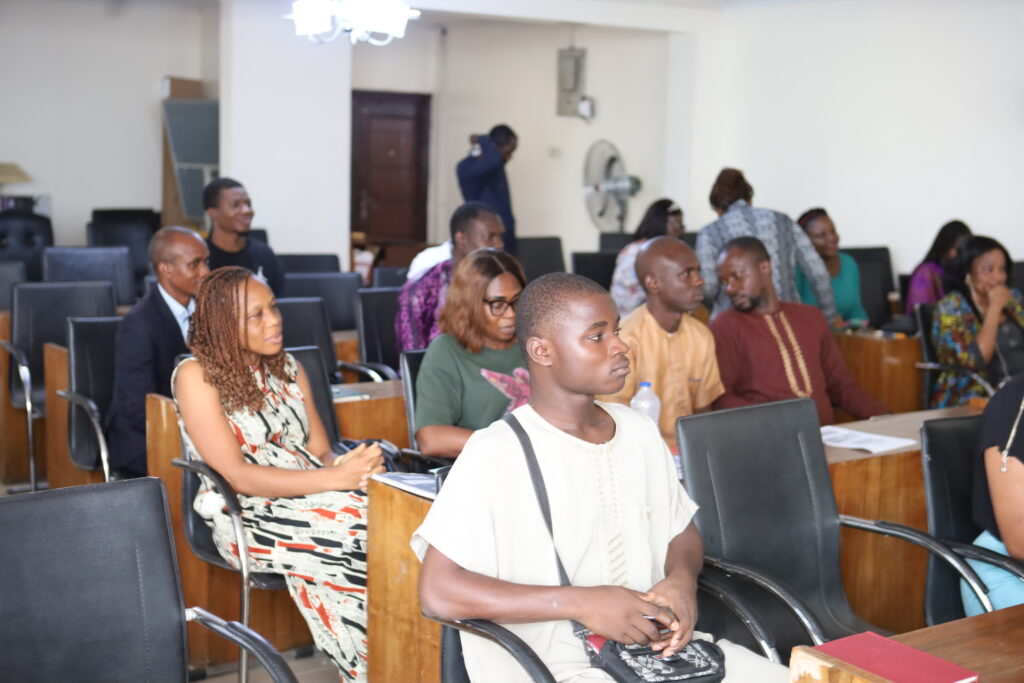
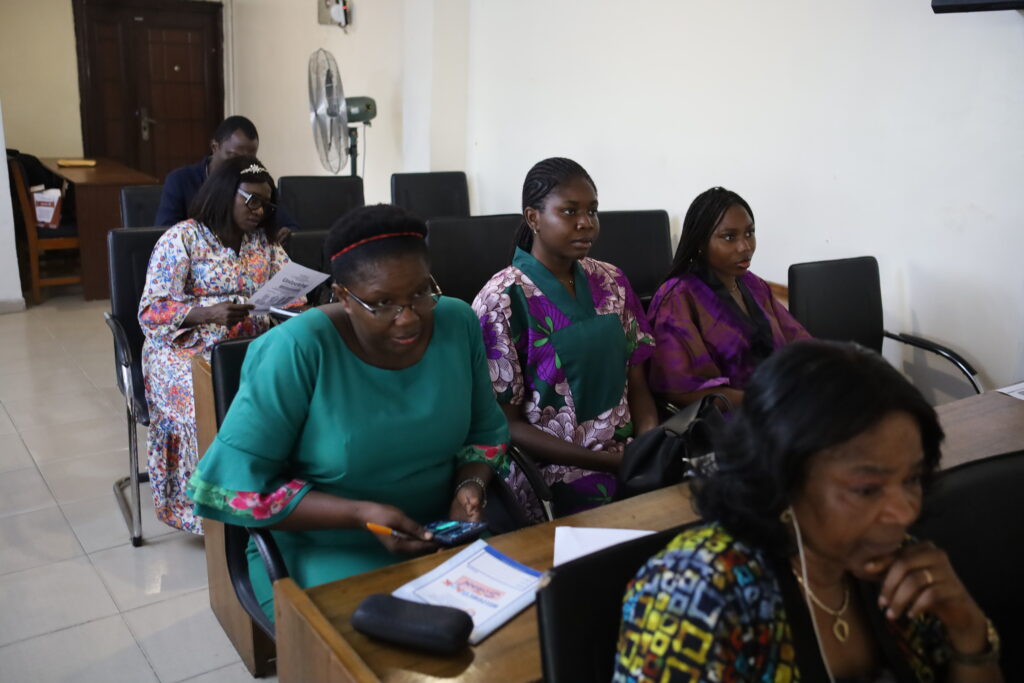

Calling for an end to the historical power imbalance, the Dean advocated for Africans to be full participants in decision-making processes. His words, “We must be seen not as a menu on the table, but as partners sitting at the table; respected for our sovereignty, our humanity, and our aspirations.”
Echoing these sentiments, Professor Diran Akinleye, Head of the Department of Economics, UNILAG, called for an urgent “decolonisation of the African mindset.” He noted that Africa must rediscover and reclaim its position in global conversations in order to achieve sustainable growth and development.
In his presentation, the convener of the programme, Professor Olufemi Saibu of the Department of Economics, provided a deeper overview of the EU-Africa/UNILAG Connect initiative. He explained that the initiative has several components, including an intensive three-week annual summer immersion programme for selected students to gain hands-on exposure to European governance structures, cultural practices, and languages.
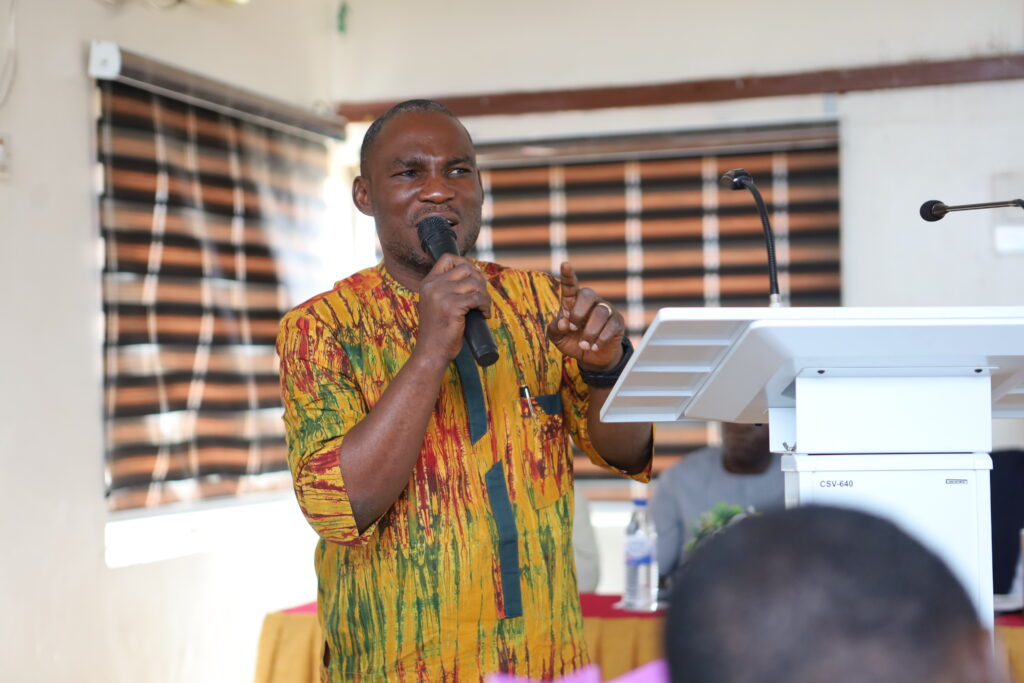
According to him, the initiative is designed to nurture globally minded leaders capable of engaging meaningfully with international institutions and systems. Professor Saibu also used the occasion to appreciate Professor Adelaja Odukoya, for his consistent support and dedication to fostering international academic collaborations. He noted that the Faculty of Social Sciences has witnessed several high-profile global engagements in recent months, such as the visit of Ms. Kristalina Georgieva, the current Managing Director of the International Monetary Fund (IMF). That historic engagement, he revealed, offered students invaluable insights into the operations of one of the world’s leading financial institutions and its critical role in supporting developing and allied nations.
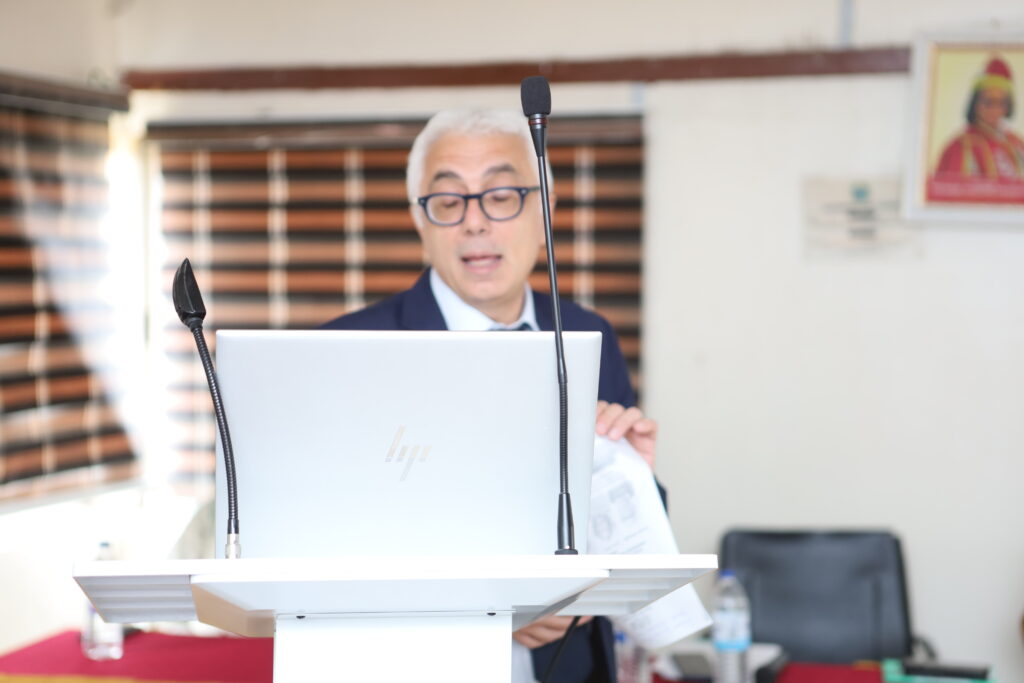
Delivering the keynote address, Jean Monnet Chair and Professor of International Relations, Professor Maurizio Carbone offered a compelling analysis of the European Union’s institutional structure and its evolving relationship with Africa.
Drawing from years of scholarly engagement, Professor Carbone traced the historical trajectory of Africa-EU relations, highlighting pivotal frameworks such as the African, Caribbean, and Pacific (ACP) Group and its transformation into the Organisation of African, Caribbean and Pacific States (OACPS).
Professor Carbone also addressed pressing concerns raised by earlier speakers, including the issue of resource extraction, asymmetric development aid, and decision-making power. He highlighted the often fractured representation of Africa in international negotiations due to divergent regional interests and sociopolitical views, which hinders unified bargaining power.
In his analysis of contemporary Africa-EU agreements, Professor Carbone offered critical insights into the SAMOA Agreement, a new partnership deal signed in 2023 between the European Union and the Organisation of African, Caribbean and Pacific States (OACPS). While the agreement aims to redefine cooperation on key global issues such as climate change, sustainable development, and governance, it has not been without controversy. He explained that disagreements by several African countries stemmed from ideological and cultural clashes, particularly around clauses related to migration governance, sexual orientation, gender identity (SOGI), and human rights frameworks.
According to him, these contentious provisions, seen by some as Western impositions on traditional African norms and sovereignty, led to hesitation and in some cases, outright resistance from countries .
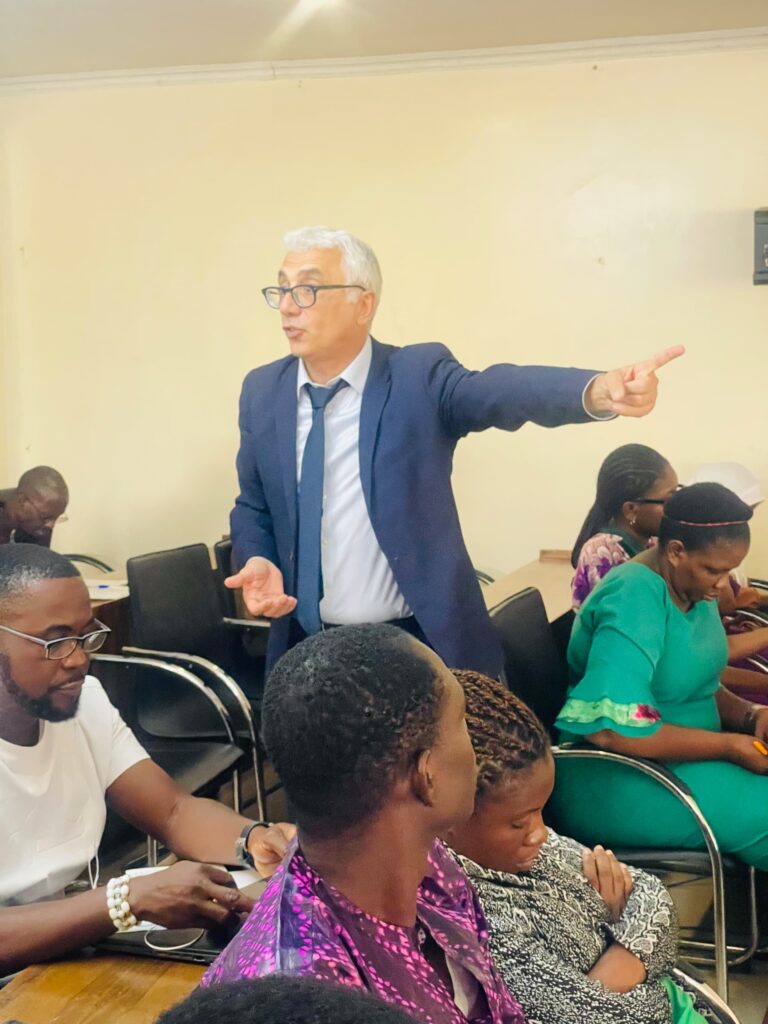
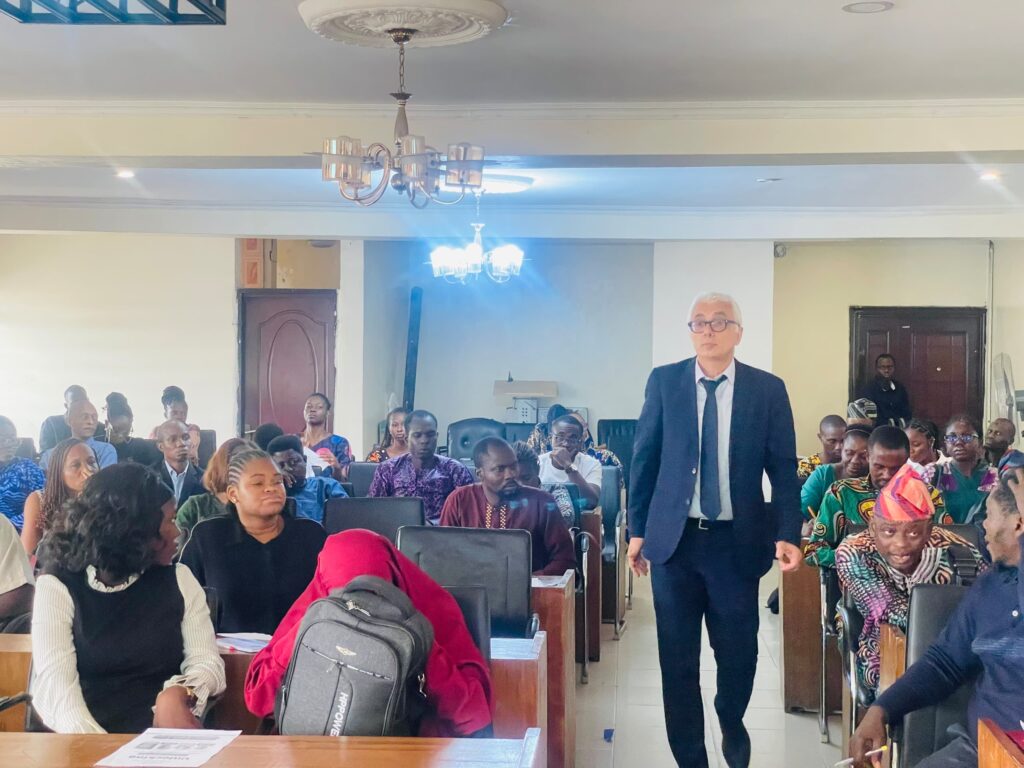
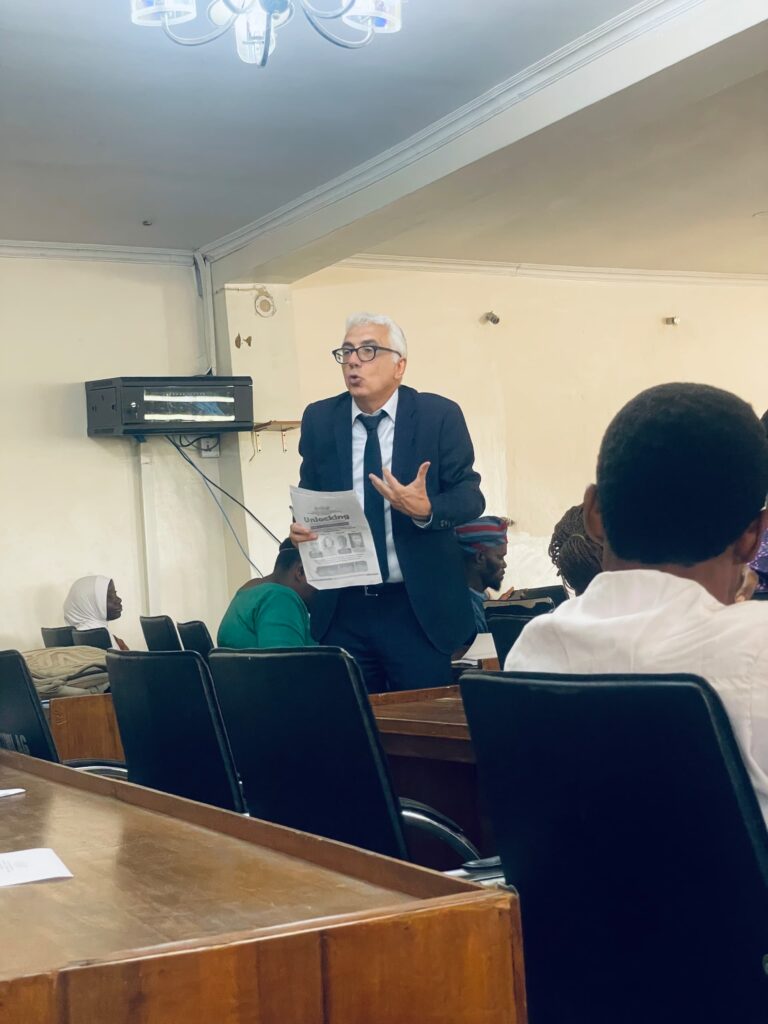
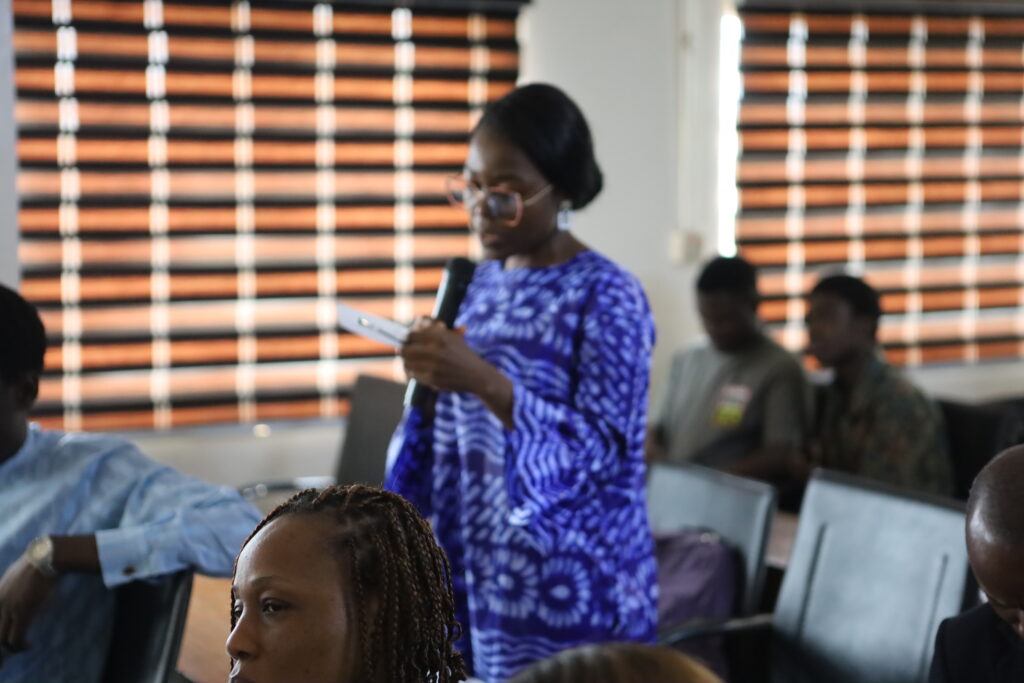
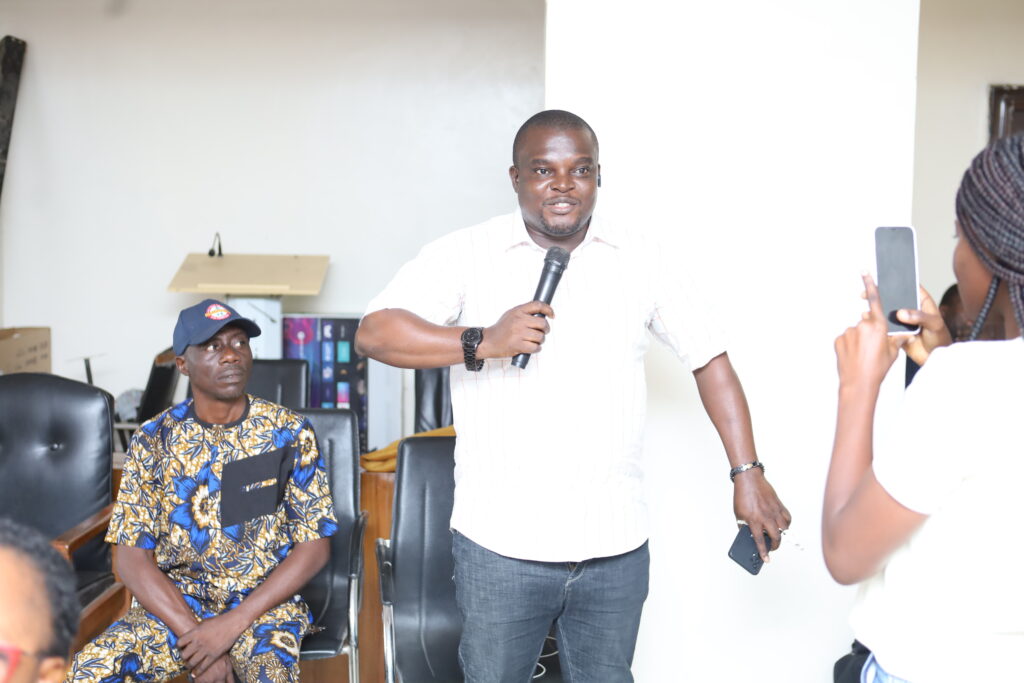
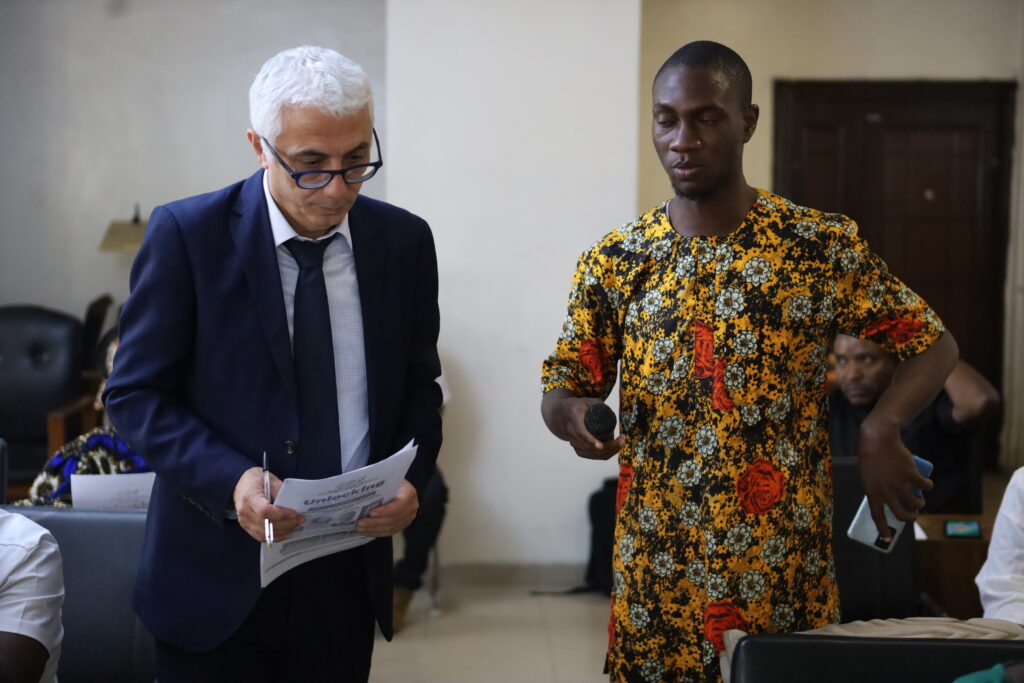
Concluding his presentation, Professor Carbone left the audience with a powerful message that resonated throughout the room: “The European Union must stop treating Africa as an afterthought. Likewise, African governments must move beyond reflexive anti-Western postures. We must begin to see each other not as adversaries or subordinates, but as essential partners in shaping a shared global future.”
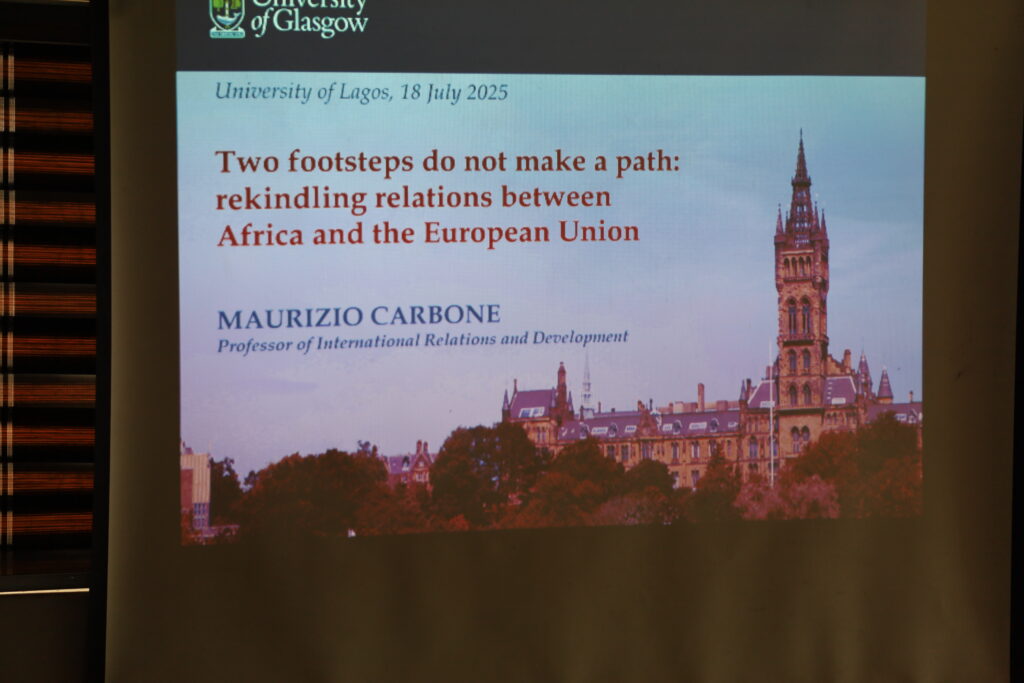
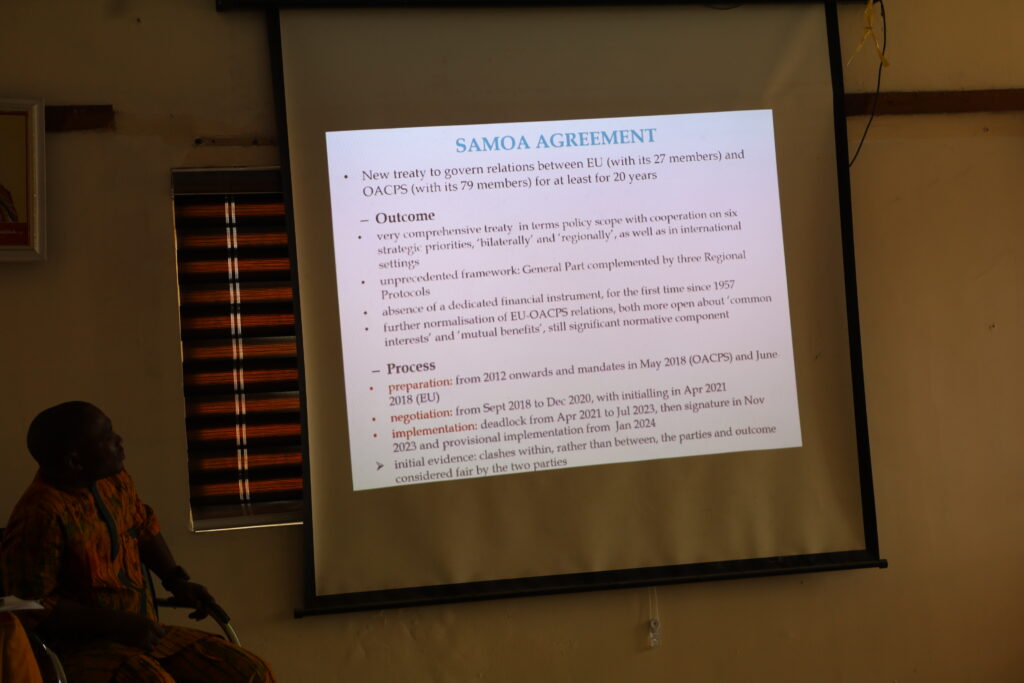
The event ended with an engaging question-and-answer session, which gave participants the platform to delve into the nuances of policy, diplomacy, and cultural exchange.
Report: Bayo Salau
Photographs: Samuel Dosunmu
